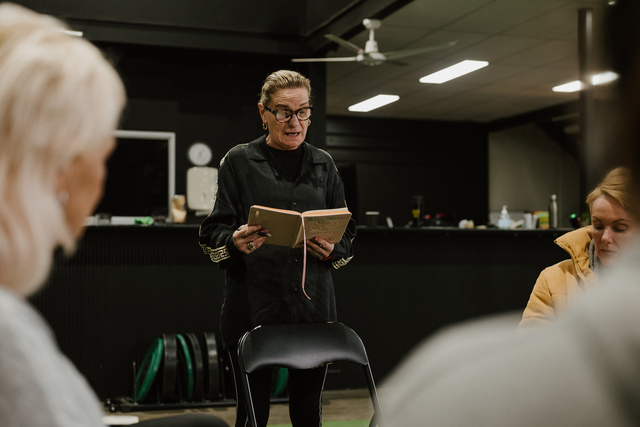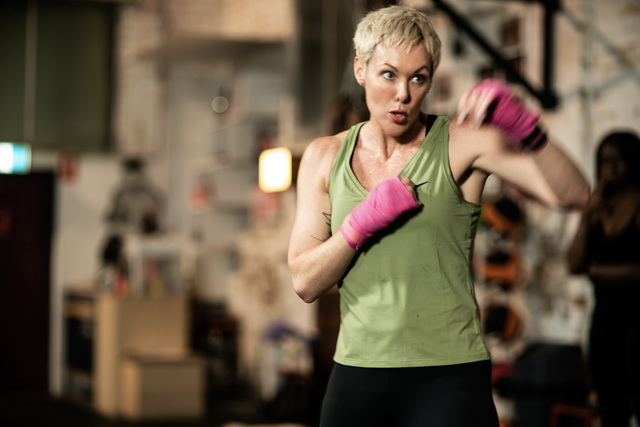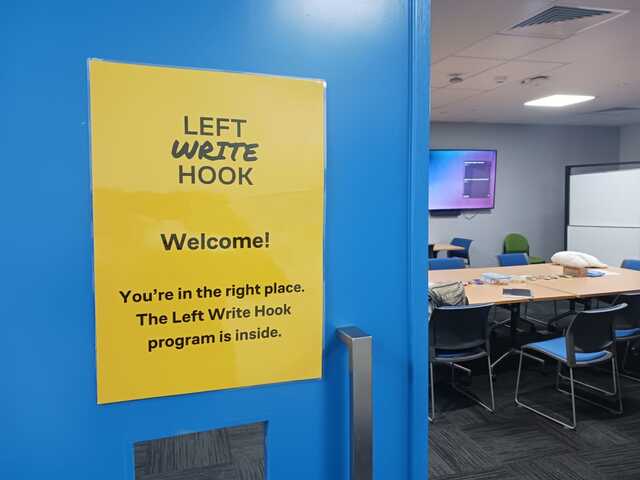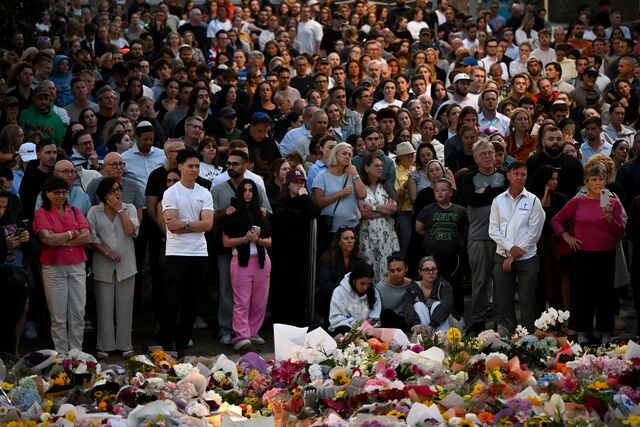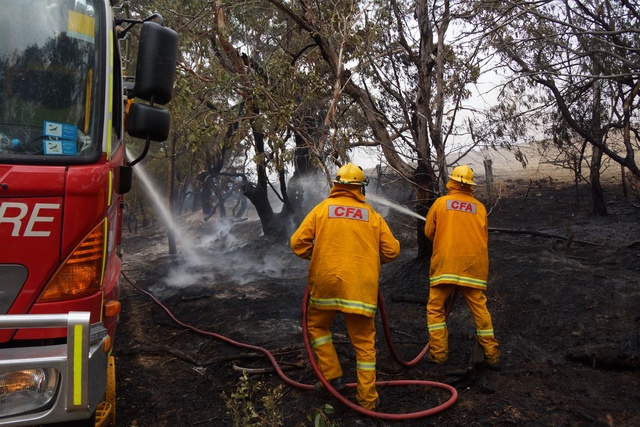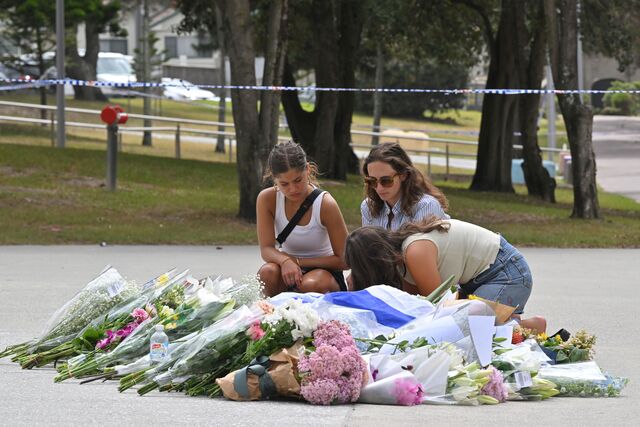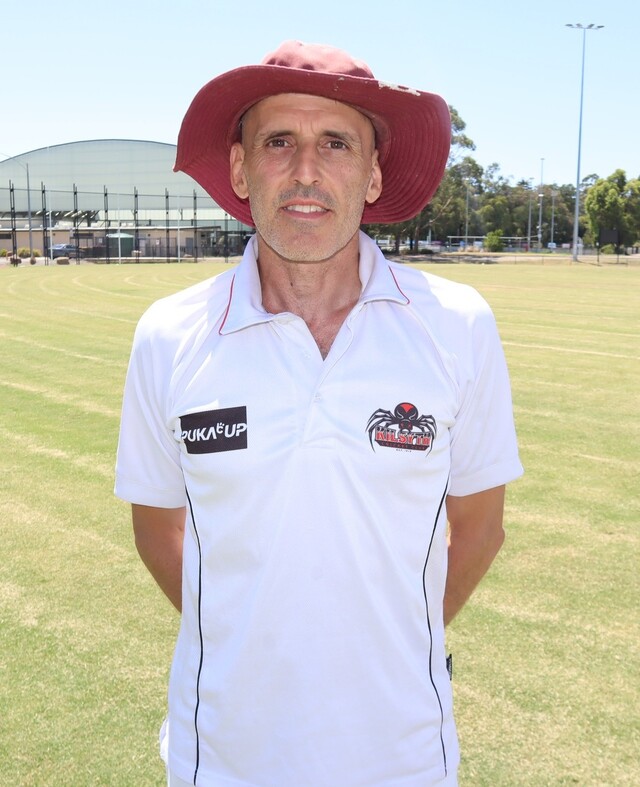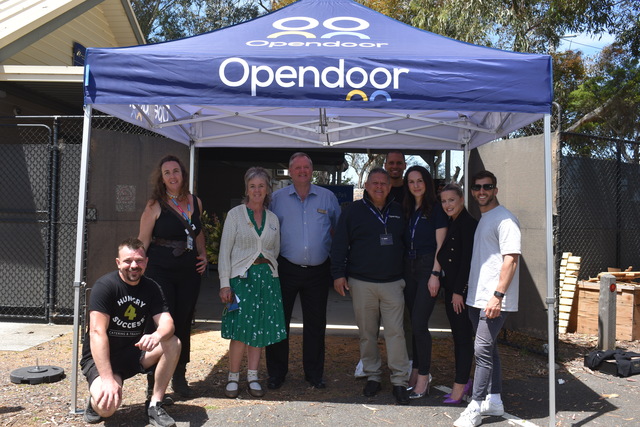Residents in Knox and surrounding areas have recently completed a life-changing trauma recovery program in Boronia.
Bringing immense vulnerability and strength, the recovery program combines both physical and mental approaches to processing trauma in the body.
A participant of the Boronia program, who will be known as JR for confidentiality, said the recent program hasn’t changed them per sec, but has permitted them to use their voice.
“Which I shut down for years,” they said.
Left Write Hook uses both creative writing and non-contact boxing to empower survivors of childhood sexual abuse and gendered violence to reclaim their lives, a cause more vital than ever.
In Australia, one in three girls and one in five boys experience sexual abuse before the age of 18.
Running the program throughout May and June in Boronia, academic and peer facilitator Mish said she came to Left Write Hook through a lived experience with trauma herself, and had initially signed up to be a participant for research.
Mish was initially part of a trial which studied the results from boxing only after reading about it in the media.
“I have what’s called somatic flashbacks – you get a physiological response,” said Mish.
“Little things would set me off.”
Mish said that as soon as she read about it, she had to be a part of it.
“What it does is it brings everything to the surface in a safe way with people who are in the same boat. So there’s a community and connection, and then you get to process it out through the boxing,” she said.
Coming together for eight weeks, the Boronia program ran through May and finished up on 25 June.
Left Write Hook originally began in 2019 in Ferntree Gully as a grassroots initiative and has since garnered widespread recognition.
The program is the subject of a multi-award-winning documentary film (leftwritehook.film) and part of a major research trial at the University of Melbourne – it continues to make a powerful impact on trauma recovery.
Delivered through EACH, the program in Knox was led by Mish and involved both writing prompts, sharing and a boxing session.
“It’s really interesting to observe what happens,” said Mish
“Everyone comes into the room, and it’s a little bit awkward, because everyone knows why you’re there, but no one knows anyone else,” she said.”
“The start is often really heavy, so people will tell a little bit about who they are and their story, but they actually don’t have to tell their story, which is a really key point.”
The group respond to creative prompts, and could be things like ‘If I could scream, I would’ and or another might be ‘something broke inside me.’
The group work up to longer stints of writing, and Mish said that what’s really important is that they keep writing.
“If you don’t know what to write, you just write ‘what I really want to say is’, and then you write that over and over and over until whatever comes out comes out,” she said.
“So it’s a way of actually dipping into the subconscious in a way that has safe parameters around it.”
“There’s always a choice, because it (the therapy) has to be trauma-informed.”
Body language in the room changes at this time, and Mish has held space and witnessed people going through a range of moments.
“People will cry – and we allow people that experience,” she said.
“Bodies are quite heavy – shoulders might be hunched.”
“People might be a bit quiet, depending on how some people might be louder, because that’s that’s how they manage their trauma.”
The program then switches to the physical, and participants go into a boxing session, and Mish said it’s a key part of the process.
“You watch the change happen, and you see participants go from bent over to standing upright.”
“You see them. They leave smiling often, even if they’re complaining about their muscles hurting.”
“I’ve done 2 LWH programs and got more out of this in those sessions than I ever did from traditional talk therapy,” said JR.
“You can’t explain the shame and all the complexities in a few sessions of counselling, but to be in a room with others who get it, and don’t judge you, has been so validating and healing,” they said.
Mish said that there is something to the program, participants are brave and vulnerable and there is something about the boxing.
“Boxing it allows space for anger – trauma is sh*t trauma, be angry,” she said.
More and more research points to using a range of physical exercises to help process trauma, from weightlifting to trauma-informed yoga practices.
In a modern gym situation, sometimes spaces can be somewhat threatening to survivors, and Mish said that while Left Write Hook isn’t trying for technique and focus – it’s instead on getting the tools to help participants safely move through the trauma.
“Even with the best of intentions, in a normal gym there’s a lot of big dudes, there’s a lot of loud music, and there’s a lot of particular kinds of bodies,” she said.
“In boxing have to focus as you’re moving, it allows you a breathing space from your trauma –It’s a way to enter a flow state.”
JR said that coming through the program meant that, yes, they felt that they could speak up but didn’t have to explain the impacts.
“Everyone else knows already,” they said.
Mish will now continue as a facilitator for Left Write Hook, delivering the program in other parts of Melbourne and said that one of the differences with this program is that they are not afraid of the trauma.
“We don’t pretend you won’t be triggered. But being in the world is triggering.”
“You’ll probably be triggered, you’ll probably cry, you’ll probably be scared, and that’s fine.”
The participants show what Mish describes as absolute vulnerability, but incredible strength.
“The best way to describe it is it’s like sitting down after you’ve been standing for a long time,” she said.
With over 600 people currently on the waitlist, Left Write Hook is set to expand, offering new programs for men, as well as LGBTQIA+ specific programs.
The program is currently open to women and gender-diverse survivors, providing a safe and supportive space for healing.

